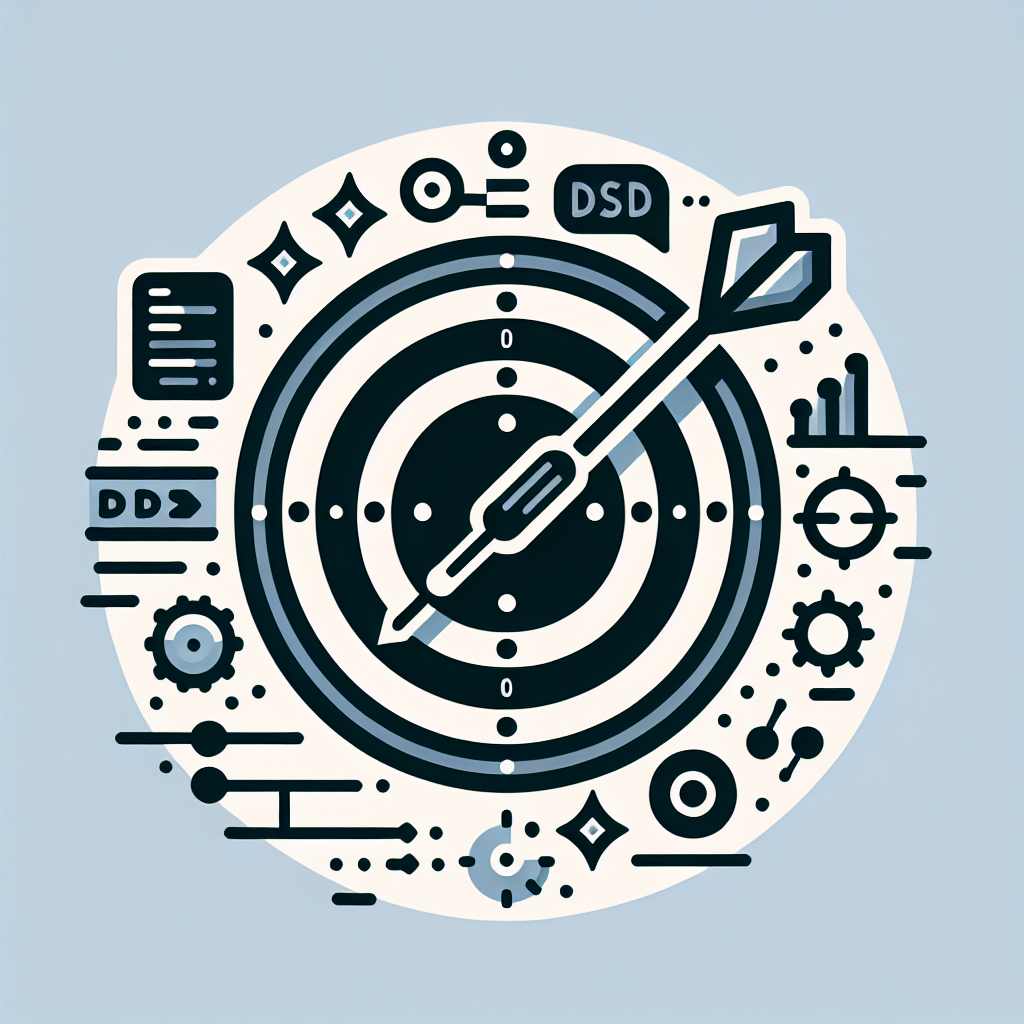Master Dart with Ease: The Ultimate Go-To Dart Tool
Discover Go to Dart - your essential tool for seamless Dart navigation and coding efficiency. Boost productivity with intuitive features and quick access!
Source Code
Converted Code
Output will appear here...
Go To Dart is a powerful tool designed to streamline your Dart programming experience by providing swift navigation and code management. Ideal for developers seeking efficiency, this tool enhances productivity by allowing quick access to functions, classes, and files within your Dart projects. Perfect for both beginners and seasoned developers, Go To Dart ensures seamless workflow integration and boosts coding efficiency.

Go to Dart: Streamlining Your Dart Development Link to this section #
The 'Go to Dart' tool is an essential utility for developers working within the Dart programming ecosystem. It enhances productivity by allowing seamless navigation through codebases, improving code readability and maintainability.
Key Features Link to this section #
Code Navigation: Quickly jump to class definitions, methods, and libraries. This feature is particularly useful in large projects where manual navigation is time-consuming.
Syntax Highlighting: Improves code readability by highlighting syntax, providing instant visual cues about your code structure.
Integration with IDEs: Compatible with popular IDEs like Visual Studio Code and IntelliJ IDEA, offering a seamless development experience.
Refactoring Support: Simplifies code refactoring by providing easy access to class and method definitions, enabling quick edits and updates.
How to Use 'Go to Dart' Link to this section #
To utilize the 'Go to Dart' tool, integrate it within your preferred IDE. Here’s a quick guide to get started with Visual Studio Code:
- Install Dart Extension: Ensure you have the Dart extension installed in VS Code.
- Use Navigation Shortcuts:
- Go to Definition: Right-click on a function or class and select "Go to Definition" or use
F12. - Peek Definition: Hover over a function and use
Alt+F12to view its definition inline.
- Go to Definition: Right-click on a function or class and select "Go to Definition" or use
- Use Command Palette: Press
Ctrl+Shift+Pand type "Go to Dart" to access various navigation commands.
Benefits Link to this section #
- Improved Workflow: Reduces time spent on locating code elements, allowing developers to focus on coding and debugging.
- Enhanced Code Comprehension: By providing instant access to definitions and references, it aids in understanding complex code structures.
For more detailed setup and configurations, refer to the official Dart documentation and the Dart extension guide.
Best Practices Link to this section #
- Regularly update your Dart SDK and extensions to leverage the latest features.
- Customize key bindings for efficiency.
- Utilize split views in your IDE to compare and edit code simultaneously.
By streamlining the navigation process, 'Go to Dart' significantly enhances the coding experience, making it an indispensable tool for Dart developers.
Frequently Asked Questions
What is 'go to dart'?
'Go to Dart' is a command or feature often found in integrated development environments (IDEs) that allows developers to quickly navigate to a specific Dart file, class, or function within a project. It enhances productivity by providing an efficient way to access code components without manually searching through the project directory.
How can 'go to dart' improve my coding workflow?
By using 'go to dart', you can significantly reduce the time spent navigating through large codebases. This feature allows you to quickly jump to the definition of a function, class, or file, thereby improving your focus and efficiency while coding. It is especially beneficial in complex projects where locating specific code sections manually can be time-consuming.
Is 'go to dart' available in all IDEs?
'Go to Dart' is typically available in IDEs that support Dart development, such as IntelliJ IDEA, Android Studio, and Visual Studio Code, with the Dart plugin installed. However, the exact functionality might vary slightly depending on the IDE, so it's advisable to refer to the specific IDE's documentation for detailed features and shortcuts.